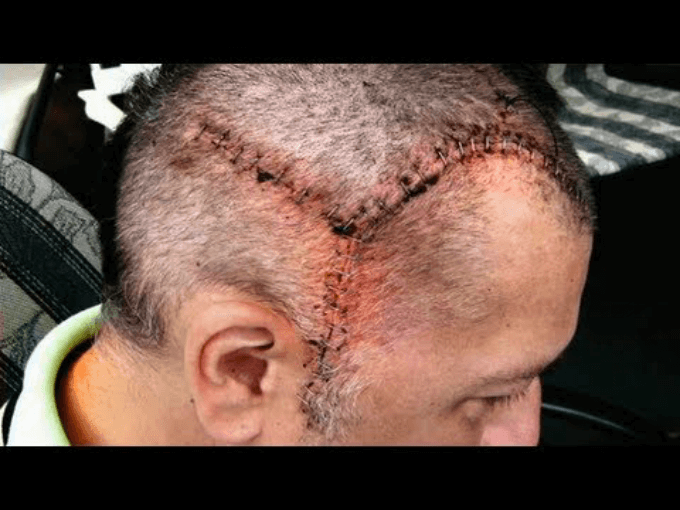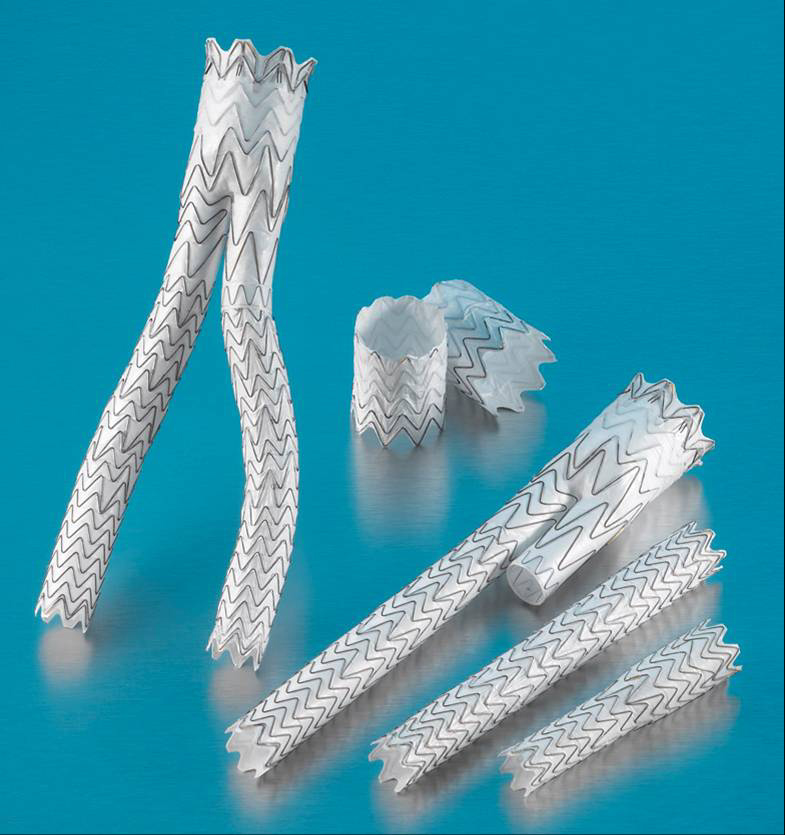
Procedures
Recovery After Aortic Aneurysm Repair: What to Expect
- Your overall recovery time depends on the type of surgery you have. ...
- Your focus will be to manage your symptoms and regain your strength. ...
- Controlling your pain will help you get better quicker. ...
- It may be several months before you can return to a full activity schedule. ...
- You will not have much energy and you’ll need help at home. ...
Nutrition
- Abdominal aorta aneurysm wall stress
- The expansion rate of abdominal aortic aneurysm
- Asymmetry degree
- Rupture potential index
- Finite element analysis rupture index
- Biomechanical factors associated with computer analysis
- The geometrical parameters of abdominal aortic aneurysm.
See more
Usually the procedure takes 2 to 3 hours. Beyond that, you can typically expect to stay in the hospital for 2 to 4 days. Full recovery will take usually about 4 to 6 weeks. Also, how long does abdominal aortic aneurysm surgery take? Surgery for aortic aneurysm replacement may take 2 to 4 hours.
What is the life expectancy after repairing an aortic aneurysm?
- Close monitoring of the aneurysm with CT or MRI scans every 6 months
- Blood pressure medication to control high blood pressure, and decrease pressure on the weakened area of the aneurysm
- Restriction of some physical activities. Heavy lifting should be avoided due to increased pressure on the aorta, which may put an aneurysm at risk of rupture
What are the chances of surviving an aortic aneurysm?
How long does it take to repair an aortic aneurysm?
What is the recovery time for aortic aneurysm surgery?

What is the survival rate of aneurysm repair?
Mortality risks after elective AAA repair increased with age: 28-day mortality ranged from 3.3% to 27.1% in men and 3.8% to 54.3% in women, 5-year mortality from 12.9% to 78.1% in men and 24.3% to 91.3% in women.
How successful is aneurysm surgery?
Surgical procedures for the repair of abdominal aortic aneurysms have a high success rate, with more than 95 percent of patients making a full recovery.
How do doctors repair an aneurysm?
There are two common methods used to repair an aneurysm: Clipping is done during an open craniotomy. Endovascular repair (surgery), most often using a coil or coiling and stenting (mesh tubes), is a less invasive and more common way to treat aneurysms.
Can an aneurysm be fixed without surgery?
Treatment with a catheter is done without open surgery. The patient is given an anesthetic. The catheter is inserted into an artery in the groin and then moved up into the blood vessel in the brain that has the aneurysm. The doctor can then place small platinum coils in the aneurysm through the catheter.
How long is hospital stay after aneurysm surgery?
What happens after aneurysm surgery? After your surgery is done, you'll be moved to the intensive care unit (ICU). You'll be closely watched for several days before being moved to a regular hospital room. Your total hospital stay will likely be three to 10 days.
How long do you live after aneurysm surgery?
The study found that short-term crude, or actual, survival rates improved among patients who underwent surgery to repair a ruptured abdominal aortic aneurysm. The relative survival rate held steady at about 87 percent. On average, patients who underwent repair for a ruptured aneurysm lived 5.4 years after surgery.
How long does an aneurysm operation take?
Surgery for aortic aneurysm replacement may take 2 to 4 hours. Most people recover in the intensive care unit (ICU) after the surgery.
Can an aneurysm go away?
Aneurysms develop over a lifetime,” he says. “Another is that an aneurysm can disappear or heal itself. This is very rare and only happens in aneurysms that are considered benign because the flow of blood is so slow it eventually forms a clot and seals off the bulge.”
How long does it take to recover from an aneurysm?
It will take 3 to 6 weeks to fully recover. If you had bleeding from your aneurysm this may take longer. You may feel tired for up to 12 or more weeks. If you had a stroke or brain injury from the bleeding, you may have permanent problems such as trouble with speech or thinking, muscle weakness, or numbness.
Can an aneurysm shrink on its own?
0:401:20Do Aortic Aneurysms Go Away or Heal On Their Own - YouTubeYouTubeStart of suggested clipEnd of suggested clipAneurysms cannot be treated medically unfortunately.MoreAneurysms cannot be treated medically unfortunately.
How long can I live with an aneurysm?
About 75% of people with a ruptured brain aneurysm survive longer than 24 hours. A quarter of the survivors, though, may have life-ending complications within six months. Call 911 or go to an emergency room if you think you are having symptoms of a brain aneurysm or ruptured aneurysm.
How do you stop an aneurysm from growing?
To prevent an aortic aneurysm or keep an aortic aneurysm from worsening, do the following:Don't smoke or use tobacco products. Quit smoking or chewing tobacco and avoid secondhand smoke. ... Eat a healthy diet. ... Keep your blood pressure and cholesterol under control. ... Get regular exercise.
How long does an aneurysm operation take?
Surgery for aortic aneurysm replacement may take 2 to 4 hours. Most people recover in the intensive care unit (ICU) after the surgery.
How long does brain aneurysm surgery take?
The operation generally takes 3-5 hours or longer if a complex craniotomy is planned. You will lie on the operating table and be given general anesthesia. After you are asleep, your head is placed in a three-pin skull fixation device, which attaches to the table and holds your head in position during surgery.
How long does it take to recover from an aneurysm?
It will take 3 to 6 weeks to fully recover. If you had bleeding from your aneurysm this may take longer. You may feel tired for up to 12 or more weeks. If you had a stroke or brain injury from the bleeding, you may have permanent problems such as trouble with speech or thinking, muscle weakness, or numbness.
What is the life expectancy of someone with an aortic aneurysm?
Patients with AAAs larger than 7.0 cm lived a median of 9 months. A ruptured aneurysm was certified as a cause of death in 36% of the patients with an AAA of 5.5 to 5.9 cm, in 50% of the patients with an AAA of 6 to 7.0 cm, and 55% of the patients with an AAA larger than 7.0 cm.
How Do I Get Ready For Aaa Repair?
How Is The Aaa done?
What Happens After The Aaa Repair?
Next Steps